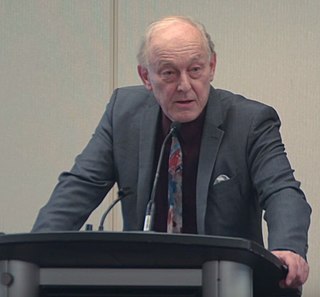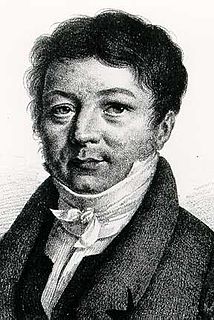A Quote by Patricia Churchland
When that theory is isolated from known facts, it is likely not to be productive.
Related Quotes
No theory ever agrees with all the facts in its domain, yet it is not always the theory that is to blame. Facts are constituted by older ideologies, and a clash between facts and theories may be proof of progress. It is also a first step in our attempt to find the principles implicit in familiar observational notions.
The theory behind representative government is that superior men-or at least men not inferior to the average in ability and integrity-are chosen to manage the public business, and that they carry on this work with reasonable intelligence and honest. There is little support for that theory in known facts.
[The scientist] believes passionately in facts, in measured facts. He believes there are no bad facts, that all facts are good facts, though they may be facts about bad things, and his intellectual satisfaction can come only from the acquisition of accurately known facts, from their organization into a body of knowledge, in which the inter-relationship of the measured facts is the dominant consideration.
Tthe first rule is that you can't really know anything if you just remember isolated facts and try and bang 'em back. If the facts don't hang together on a latticework of theory, you don't have them in a usable form.... You may have noticed students who just try to remember and pound back what is remembered. Well, they fail in school and in life.
Where these reduced (operational - E.W.) concepts govern the analysis of the human reality, individual or social, mental or material, they arrive at a false concreteness - a concreteness isolated from the conditions which constitute its reality. In this context, the operational treatment of the concept assumes a political function. The individual and his behavior are analyzed in a therapeutic sense - adjustment to his society. Thought and expression, theory and practice are to be brought in line with the facts of his existence without leaving room for the conceptual critique of these facts.
Catastrophe Theory is-quite likely-the first coherent attempt (since Aristotelian logic) to give a theory on analogy. When narrow-minded scientists object to Catastrophe Theory that it gives no more than analogies, or metaphors, they do not realise that they are stating the proper aim of Catastrophe Theory, which is to classify all possible types of analogous situations.








































